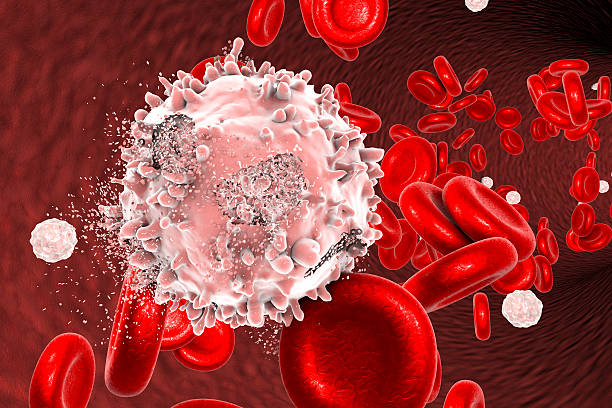

Metastasis is the spread of cancer cells from the primary site of cancer to other parts of the body. Cancer cells can break away from the primary tumor and enter the bloodstream or lymphatic system, allowing them to travel to other organs or tissues and form new tumors.
Metastasis is a complex process that involves multiple steps, including invasion of cancer cells into surrounding tissues, entry into the bloodstream or lymphatic system, survival during circulation, and establishment of new tumors in distant organs. Some types of cancer are more likely to metastasize than others.
Metastasis can cause a variety of symptoms depending on the location and size of the secondary tumors. Symptoms may include pain, fatigue, weight loss, and neurological symptoms, among others.
Treatment for metastatic cancer often involves a combination of therapies, such as surgery, radiation therapy, chemotherapy, targeted therapy, and immunotherapy. The goal of treatment is to slow or stop the growth and spread of cancer, alleviate symptoms, and improve quality of life.
Prevention of metastasis is a major focus of cancer research. Understanding the mechanisms of metastasis and developing new treatments to target it is an important area of investigation. Early detection and treatment of cancer can also help reduce the risk of metastasis.